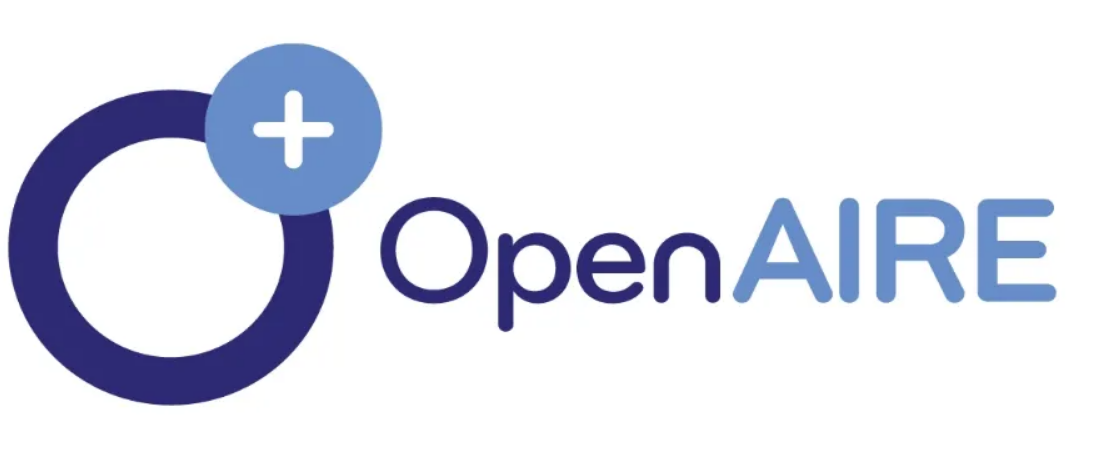The Role of Genetic and Epigenetic Factors in Polycystic Ovary Syndrome (PCOS) Development and Treatment Outcomes
DOI:
https://doi.org/10.5281/zenodo.14681743Resumen
Polycystic Ovary Syndrome (PCOS) is a complex endocrine disorder affecting a significant proportion of women of reproductive age worldwide. While the pathophysiology of PCOS is not fully understood, genetic predispositions and epigenetic modifications have emerged as influential factors in its development and progression. This study investigates the relationship between genetic and epigenetic markers, specifically DNA methylation levels, and lifestyle factors such as diet, exercise, and stress in PCOS patients. Utilizing a sample of 300 patients, we conducted quantitative and multivariate analyses to explore the impact of these variables on body mass index (BMI) as a key indicator of PCOS severity. The findings indicate a significant negative association between DNA methylation levels and BMI, suggesting that higher methylation may offer protective effects against weight gain, a common PCOS symptom. While age and stress levels showed no statistically significant impact on BMI, the study highlights the potential of personalized medicine in PCOS management by considering genetic and epigenetic profiles. These results underscore the importance of integrating molecular insights with lifestyle interventions to improve PCOS treatment outcomes. Future research should focus on larger samples and a broader range of biomarkers to deepen our understanding of the complex interactions underlying PCOS.
Descargas
Publicado
Número
Sección
Licencia
Derechos de autor 2025 International Journal of Medical Sciences

Esta obra está bajo una licencia internacional Creative Commons Atribución-NoComercial-SinDerivadas 4.0.
All articles published in International Journal of Medical Sciences are licensed under a Creative Commons Attribution 4.0 International License (CC BY 4.0). This license allows others to share, copy, distribute, and adapt the work for any purpose, even commercially, as long as appropriate credit is given to the original authors. Authors retain the copyright and agree to have their work published under this license, ensuring the broadest possible dissemination and reuse of their research.
For more information or licensing inquiries, contact mossdigital77@gmail.com.







